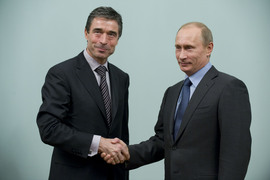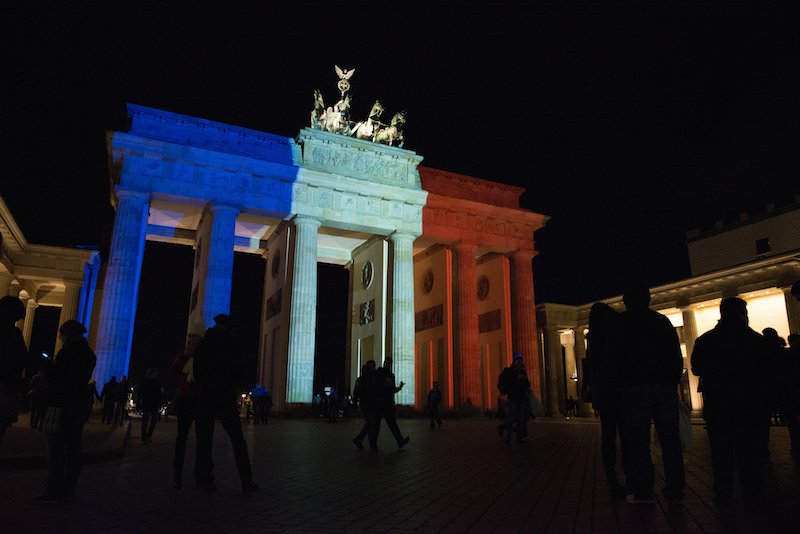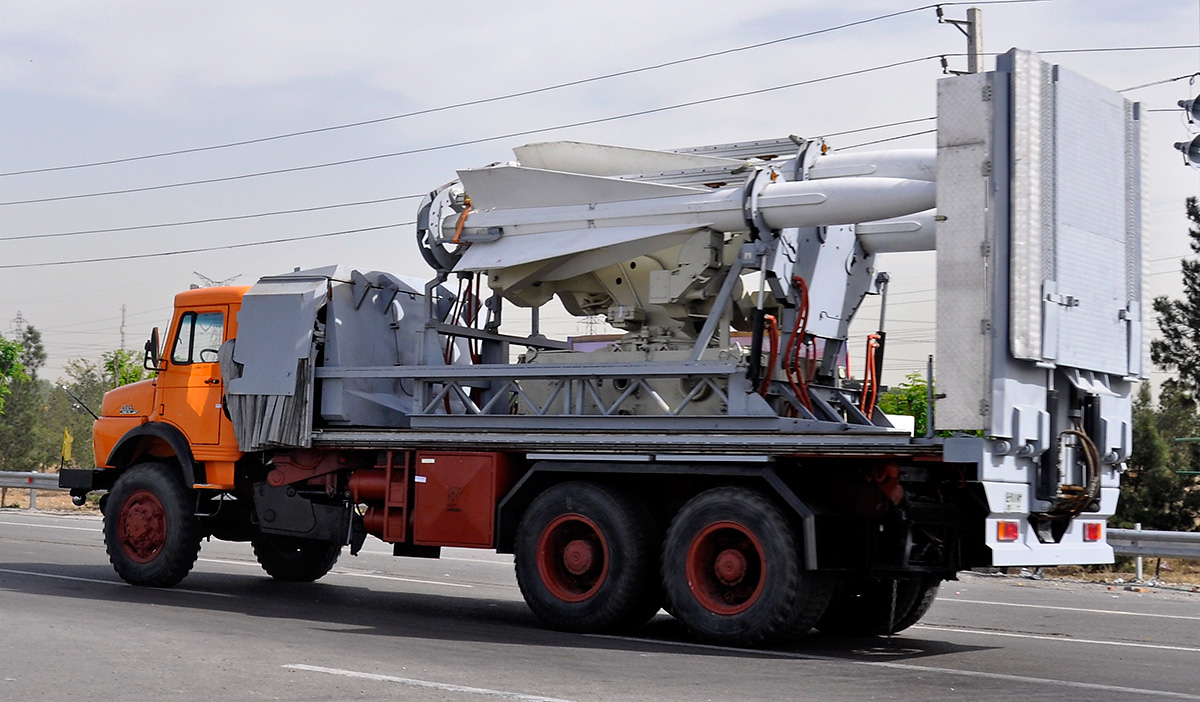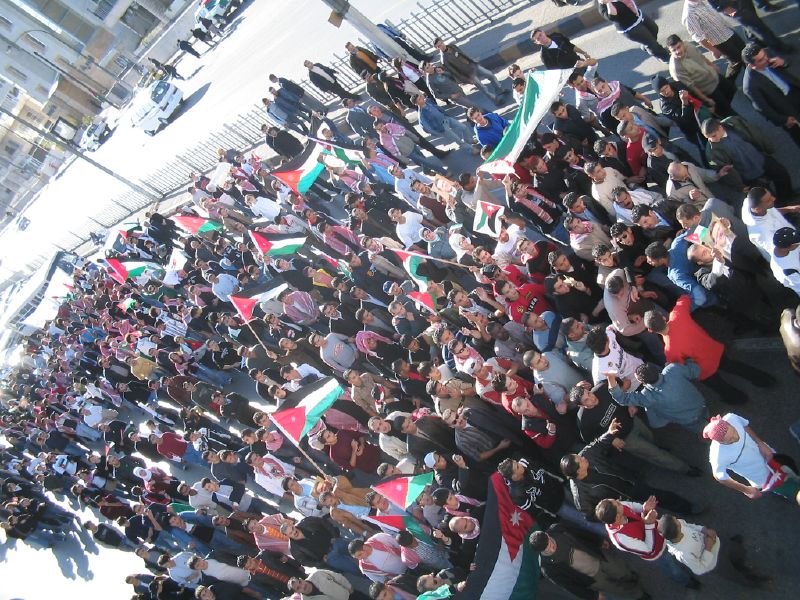While not a member of NATO, Russia has been a key cooperator with the Alliance through the NATO-Russia Council. In particular, after a historically frosty relationship, Russia has sought to establish better diplomatic ties with the United States, the dominant country of the Alliance. Russia has recently cooperated with the western power on matters of foreign policy such as the war in Afghanistan. However, in the third term of Vladimir Putin’s presidency, Russia’s foreign policies have increasingly run deliberately counter to those of NATO powers, the U.S. in particular. Such a split can be seen particularly in Russia’s support for Syrian President Bashar al-Assad, and more recently in offering asylum to Edward Snowden. The latest blow to American interests will come in the form of a meeting between Russian President Vladimir Putin and new Iranian President Hassan Rouhani. A pattern seems to be emerging in Russian policy of deliberately undermining U.S. influence in the Middle East through arms deals with Syria and now, meeting with Iran.
Since the beginning of the civil war in Syria, Russia has flagrantly ignored international outrage and insisted on fulfilling a 2011 contract with Syria for S-300 air defense systems worth USD $1 billion. President Vladimir Putin has also repeatedly vetoed UN resolutions aimed at sanctioning Bashar al-Assad’s regime. At the June 2013 G8 summit in Northern Ireland, Putin categorically refused to consider a Syrian peace conference predicated on Assad’s removal. Putin’s support for Assad has clearly been indispensable in sustaining the current Syrian regime and thus continuing the bloody conflict that has already claimed over 100,000 lives. Russia’s policy is in direct contrast with that of the U.S., where President Barack Obama struggled to find the necessary support in Congress to arm Syrian rebels. Plans to arm the rebels were approved by The House and Senate Intelligence Committee on July 23, 2013, and weapons will be delivered in the coming weeks. This move reveals that the U.S. and Russia will soon be fighting something of a proxy-war in Syria.
[captionpix align=”left” theme=”elegant” width=”300″ imgsrc=”http://natoassociation.ca/wp-content/uploads/2013/08/putin-weapons1.jpg” captiontext=””]
While the conflict in Syria rages on, Putin’s upcoming meeting with Iranian President Hassan Rouhani is another cause for concern in terms of fuelling instability in the Middle East. Policymic reports that the focus of the meeting will be arms sales, specifically the Russian sale of “a surface-to-air missile shield that would allow Iran to stop up to 16 ballistic missiles in their tracks.” Such a tool could shelter Iran’s nuclear program, flying in the face of NATO’s vocal concern over the program. The U.S. has expressed similar condemnation in concrete measures, strengthening sanctions against the country. On top of indirectly contributing to Iran’s nuclear program, Russian arms sales to Iran could be funneled to the extremist group Hezbollah.
Iran is already pouring funds and weapons into Hezbollah’s coffers, and thus it is not inconceivable that any arms obtained by Iran from Russia could also be transferred to Hezbollah. The potential effects of Russian arms reaching Assad through yet another channel is harrowing, particularly as Al Qaeda has entered the fray in support of the Syrian rebels. With opposing sides in the conflict now receiving backing from extremist Islamist groups, who receive more financing from private donors in Gulf States than moderate groups, there is no end to the Syrian civil war in sight.
The conflict has dissolved into a veritable quagmire of special interest groups, foreign intervention, and deadly force. The fact that some of the rebels that Obama is attempting to arm are known affiliates of al-Qaeda indicates the extent to which outside interference in the conflict is at best, ill-advised, and at worst, extremely detrimental to peace prospects. If there is to be any hope for peace in the country, there needs to a cessation of arms supplies to Syria from both Russia and the U.S.
On that note, there is a slight glimmer of hope in the fact that Russia has indicated that they will not deliver the remaining S-300 air defense systems to Syria until the summer of 2014, due to the continuing violence in the country. This indicates that Putin is finally willing to compromise revenue through arms trade in order to move towards peace in Syria. While recent comments by President Obama referring to the U.S. relationship with Russia have been frosty, stating that “there have been times where they slip back into cold war thinking and a cold war mentality,” there is now, more than ever, a need for coordination and cooperation between NATO powers and Russia to end the bloodshed in Syria. Hopefully, individual differences between the U.S. and Russia can be set aside in favour of the “big picture” of securing peace and stability in the Middle East.




